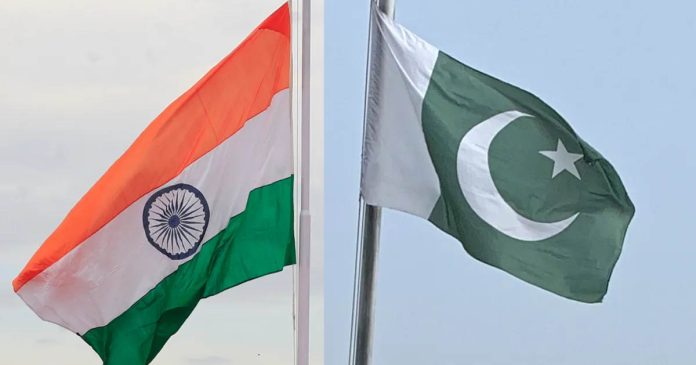India has adopted a multi-faceted approach in its relations with neighbouring countries. India’s stance on its relationship with Pakistan has remained consistent-peaceful and cooperative ties are contingent upon the absence of terrorism. External Affairs Minister’s assertion in Parliament that “the ball is in Pakistan’s court” underscores India’s position that meaningful engagement is only possible if Pakistan demonstrates a departure from its historical support for terrorism. This approach is pragmatic, yet it also leaves limited space for proactive diplomacy. The abrogation of Article 370 in 2019 led to Pakistan’s unilateral decision to sever trade ties, further complicating bilateral relations. Despite facing significant internal challenges, Pakistan continues to support terror networks aimed at disrupting the prevailing peace in Jammu and Kashmir. The adoption of narco-terrorism as its latest strategy underscores Pakistan’s intent to harm India. Even after being on the FATF grey list for an extended period due to terror financing, Pakistan has failed to learn its lessons. India, despite Pakistan’s persistent use of terrorism as a state policy, has previously extended gestures of goodwill through bilateral trade, cricket diplomacy, and even cultural exchanges like Bollywood collaborations. However, the current regime maintains a clear and uncompromising policy that talks and terrorism cannot coexist. The onus is now on Pakistan to reform its actions and demonstrate that it can be a trustworthy and cooperative neighbour.
Similarly, India’s concerns about the treatment of minorities in Bangladesh highlight the broader issue of regional stability and human rights. India’s support for Bangladesh’s stability, including its emphasis on development projects, aligns with its “Neighbourhood First” policy. India has actively engaged through various channels to ensure the protection of minorities in Bangladesh. Fanaticism and communalism have no place anywhere because no nation can survive on religion alone. It is hoped that better sense will prevail and Bangladesh will take decisive steps to safeguard its minority communities.
The boundary disputes with China remain one of the most pressing challenges for Indian foreign policy. Dr. Jaishankar’s remarks on disengagement agreements and patrolling rights in Ladakh’s Depsang region demonstrate India’s firm commitment to protecting its territorial sovereignty. India’s long-term strategy is focused on enhancing border infrastructure, improving surveillance, and maintaining a credible defence posture.
Similarly, Nepal’s portrayal of disputed territories on its currency reflects recurring irritants in India-Nepal relations. India’s position remains unchanged despite such provocations, which is a strong signal of resolve. Prime Minister Modi’s visits to Nepal after a 17-year hiatus reflect India’s intent to prioritise its Himalayan neighbour.
India’s “Neighbourhood First” policy has gained momentum under the current Government. The emphasis on infrastructure projects in countries like Maldives, Sri Lanka, and Bangladesh signifies India’s commitment to regional development. High-level visits, such as those by Prime Minister Modi to Nepal and Sri Lanka, have helped rebuild trust and reinvigorate bilateral ties. For instance, projects like the Addu Link Road in Maldives underscore the tangible benefits of India’s outreach.
However, the policy faces inherent challenges, including China’s competing influence. Beijing’s Belt and Road Initiative has expanded its footprint in South Asia, offering economic incentives to countries like Nepal, Sri Lanka, and Bangladesh. India must counter this influence by enhancing its own development assistance, providing competitive alternatives, and ensuring timely project execution.
India’s position as a regional leader comes with both opportunities and responsibilities. The focus on bilateral relationships with neighbours like Pakistan, Bangladesh, and Nepal must be complemented by broader initiatives to strengthen regional institutions like the SAARC. The snapshot of India’s foreign policy challenges and priorities in South Asia is quite clear. There can be no compromise as far as nation’s integrity and security is concerned. As India navigates the complexities of South Asian diplomacy, it must remain steadfast in its principles while embracing innovative strategies for regional cooperation and peace. The road ahead is challenging, but with clear priorities and sustained efforts, India can continue to strengthen its role as a stabilising force in the region.


